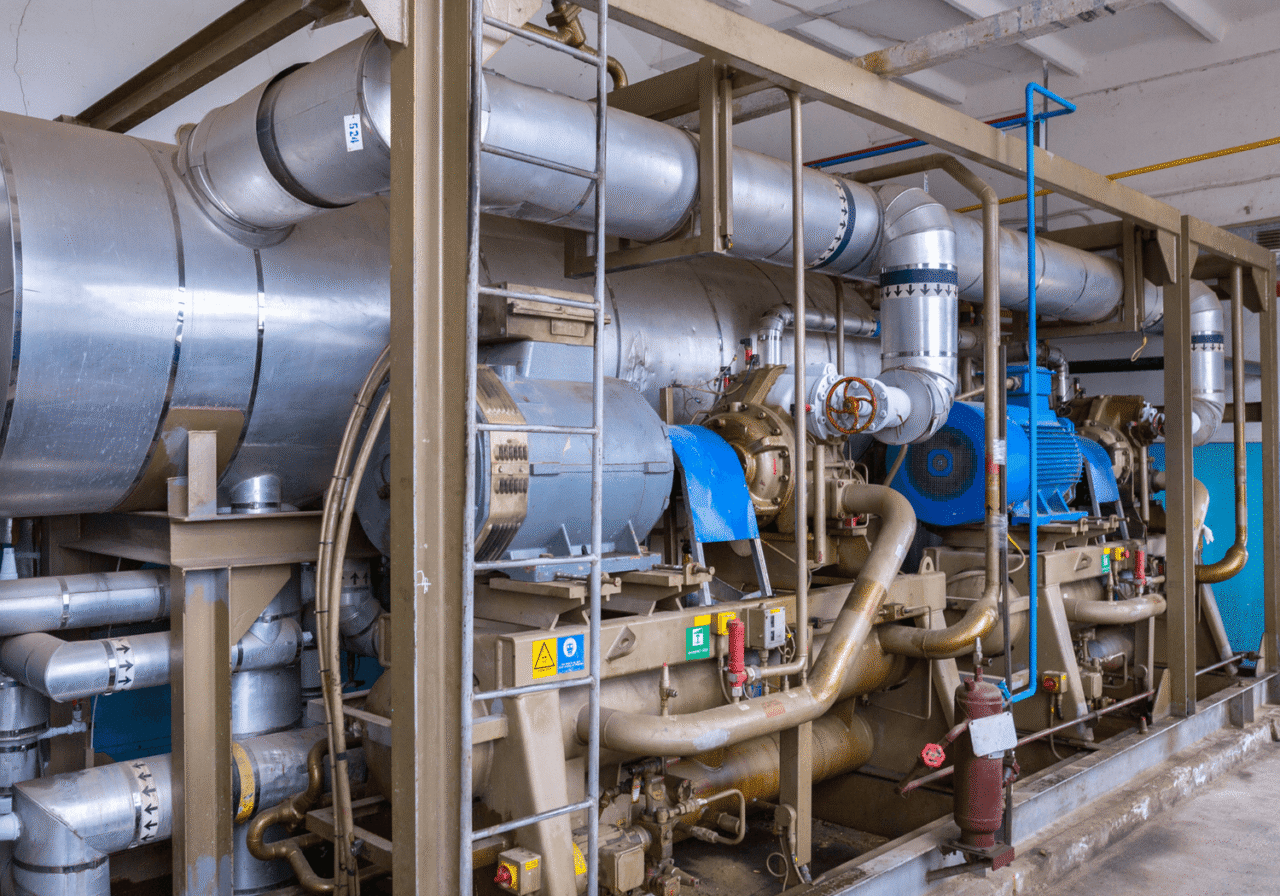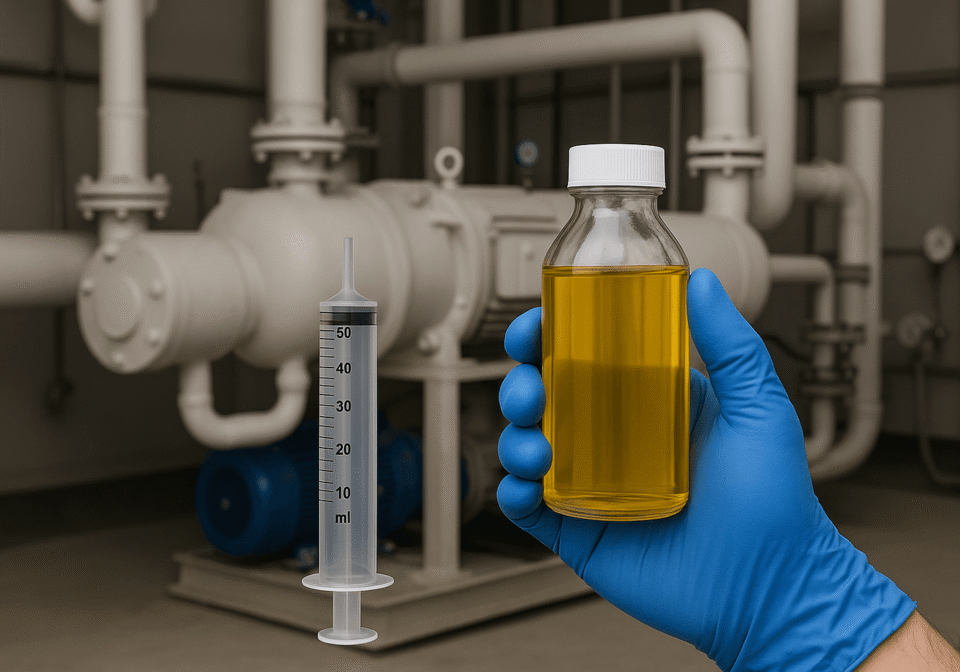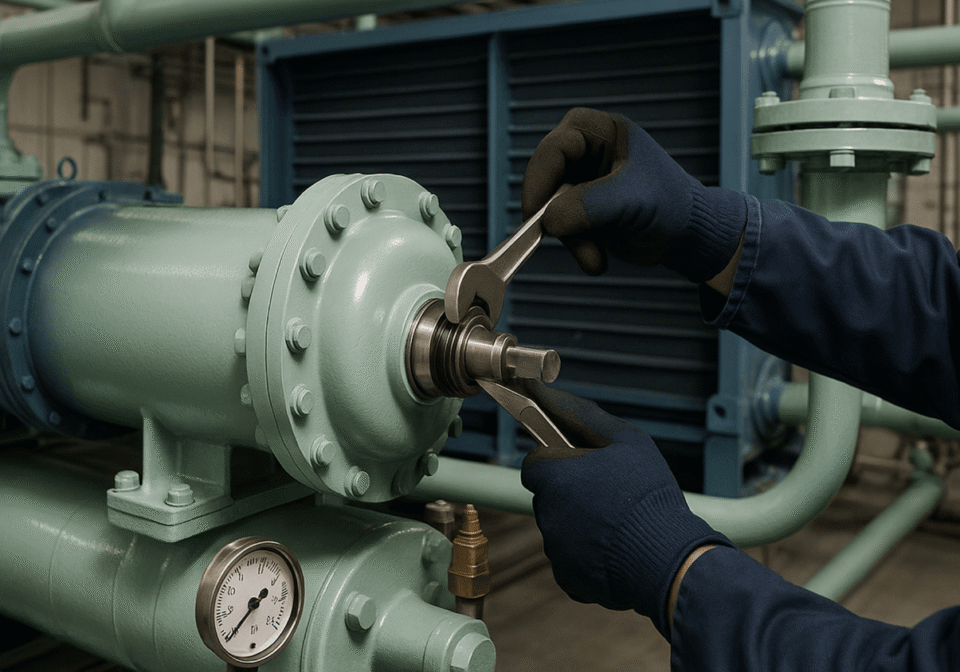If you’re considering ammonia refrigeration as a career path or looking to advance in your current role, obtaining certification is key to proving your expertise, ensuring workplace safety, and meeting regulatory standards. Ammonia is widely used in industrial refrigeration but can be hazardous without proper handling. Certifications like CARO (Certified Assistant Refrigeration Operator) and CIRO (Certified Industrial Refrigeration Operator) help validate your ability to manage and operate these systems safely and efficiently. Here’s an in-depth guide on how to become certified in ammonia refrigeration, from choosing the right certification to exam preparation and beyond.
Guide to Ammonia Refrigeration Certification
1. Recognize the Value of Certification
Obtaining ammonia refrigeration certification is a significant achievement. It certifies your proficiency in handling ammonia, an essential but potentially dangerous refrigerant commonly used in industrial cooling systems. Certification isn’t just about compliance; it demonstrates your commitment to safety, operational efficiency, and industry standards. Certified professionals are in high demand as companies prioritize safety and adherence to stringent regulations, making certification a valuable asset that often leads to increased job opportunities and career advancement.
2. Choose the Right Certification Path
There are several recognized certifications for ammonia refrigeration, each designed for specific experience levels and career goals. Here are the main certifications to consider:
- CARO (Certified Assistant Refrigeration Operator): Ideal for those new to ammonia refrigeration, CARO certification covers basic system operation, safety practices, and maintenance procedures. This certification is typically pursued by entry-level technicians or those with limited experience in refrigeration.
- CIRO (Certified Industrial Refrigeration Operator): A more advanced certification, CIRO is intended for experienced technicians. It focuses on the operation, troubleshooting, and maintenance of complex ammonia refrigeration systems and is suitable for those aspiring to take on supervisory roles.
- PSM and RMP Certifications: These certifications emphasize compliance with Process Safety Management (PSM) and Risk Management Plan (RMP) regulations, which are crucial for those responsible for safety programs and regulatory compliance in facilities with large ammonia systems. They are highly valued for managerial or compliance-focused positions.
- IIAR and RETA Certifications: Offered by the International Institute of Ammonia Refrigeration (IIAR) and Refrigerating Engineers & Technicians Association (RETA), these certifications include specialized courses and exams to ensure that candidates are trained in the latest industry standards and practices.
3. Check Prerequisites and Requirements
Each certification path has its prerequisites, so it’s essential to verify that you meet the eligibility criteria before enrolling in a training program:
- CARO Certification Requirements: Entry-level positions may require some understanding of refrigeration basics, but formal experience isn’t usually necessary. However, familiarity with ammonia systems and basic safety practices is beneficial.
- CIRO Certification Requirements: Candidates generally need at least 2-3 years of hands-on experience in ammonia refrigeration. A strong understanding of safety protocols, system maintenance, and emergency procedures is essential.
- PSM/RMP Certification Requirements: These certifications are often pursued by management or safety officers and may require prior experience in compliance and safety management. Familiarity with OSHA and EPA regulations specific to ammonia is usually required.
4. Enroll in a Recognized Training Program
Enrolling in a reputable training program is crucial for certification preparation. Look for programs that cover essential topics like system operation, safety protocols, and regulatory compliance, as well as specific preparation for CARO, CIRO, and PSM/RMP exams.
- Live Online Training: Many organizations offer live online classes that provide flexibility and real-time instruction from experienced trainers. This format is ideal if you’re unable to travel or if you prefer a flexible learning environment.
- On-Site Training: Hands-on, in-person training is often considered the best preparation for ammonia refrigeration certification. Many programs offer on-site training sessions at training facilities, complete with live ammonia refrigeration systems to provide real-world experience.
- Approved Providers: Choose programs approved by recognized industry associations like RETA or IIAR to ensure that you’re receiving industry-standard education.
5. Study Core Topics
Each certification exam focuses on key aspects of ammonia refrigeration. To prepare, be sure to focus on these critical topics:
- Ammonia Refrigeration System Components: Understand the primary components of ammonia refrigeration systems, including compressors, condensers, evaporators, and expansion valves, as well as their roles in system operation.
- Safety Procedures: Safety is paramount. Familiarize yourself with proper handling techniques, emergency response protocols, and the use of personal protective equipment (PPE) to minimize the risk of exposure to ammonia.
- Regulatory Compliance: A strong grasp of OSHA’s Process Safety Management (PSM) requirements and EPA’s Risk Management Plan (RMP) guidelines is essential for CIRO and PSM/RMP certifications. Be sure to understand these regulations and how they apply to ammonia refrigeration.
- Troubleshooting and Maintenance: Learn how to identify and fix common issues in ammonia systems, such as leaks, pressure imbalances, and operational failures. This is especially important for those pursuing CIRO certification.
- Documentation and Record-Keeping: Regulatory compliance often involves maintaining detailed records of system inspections, safety checks, and maintenance activities. Knowing how to document these activities accurately is essential for regulatory audits.
6. Register for and Take the Exam
Once you feel prepared, register for the certification exam with your chosen provider. Certification exams usually consist of multiple-choice questions, covering both practical knowledge and theoretical understanding.
Exam Tips:
- Arrive Early and Prepared: Give yourself ample time to review notes, rest, and mentally prepare on exam day.
- Use Practice Exams: Practice exams and sample questions are excellent resources for familiarizing yourself with the format and types of questions.
- Read Carefully: Pay close attention to questions and answer options. Time management is key, so be mindful of the clock without rushing through.
Many programs offer these exams at various locations or online, making it convenient to find a setting that works best for you.
7. Maintain and Renew Your Certification
Once certified, you’ll need to stay updated on best practices and regulatory changes. Most certifications require periodic renewal, which may involve continuing education, retaking exams, or refresher courses.
- Continuing Education: Some certifications mandate ongoing education credits to keep your skills and knowledge up to date. These can often be completed through additional training sessions or industry seminars.
- Documentation of Experience: For some certifications, you may need to document relevant experience hours or training participation to qualify for renewal.
- Recertification Exams: Certain certifications require retesting to ensure that you still meet the required competency level.
Take the First Step Toward Certification
Becoming certified in ammonia refrigeration is a rewarding investment in your future. From selecting the right certification to mastering safety protocols and regulatory requirements, each step brings you closer to a respected, secure, and in-demand career. Start by exploring reputable training programs that match your career goals and experience level. Whether you choose CARO, CIRO, PSM, or RMP certification, the journey to certification will strengthen your expertise and open doors to career advancement in ammonia refrigeration.


